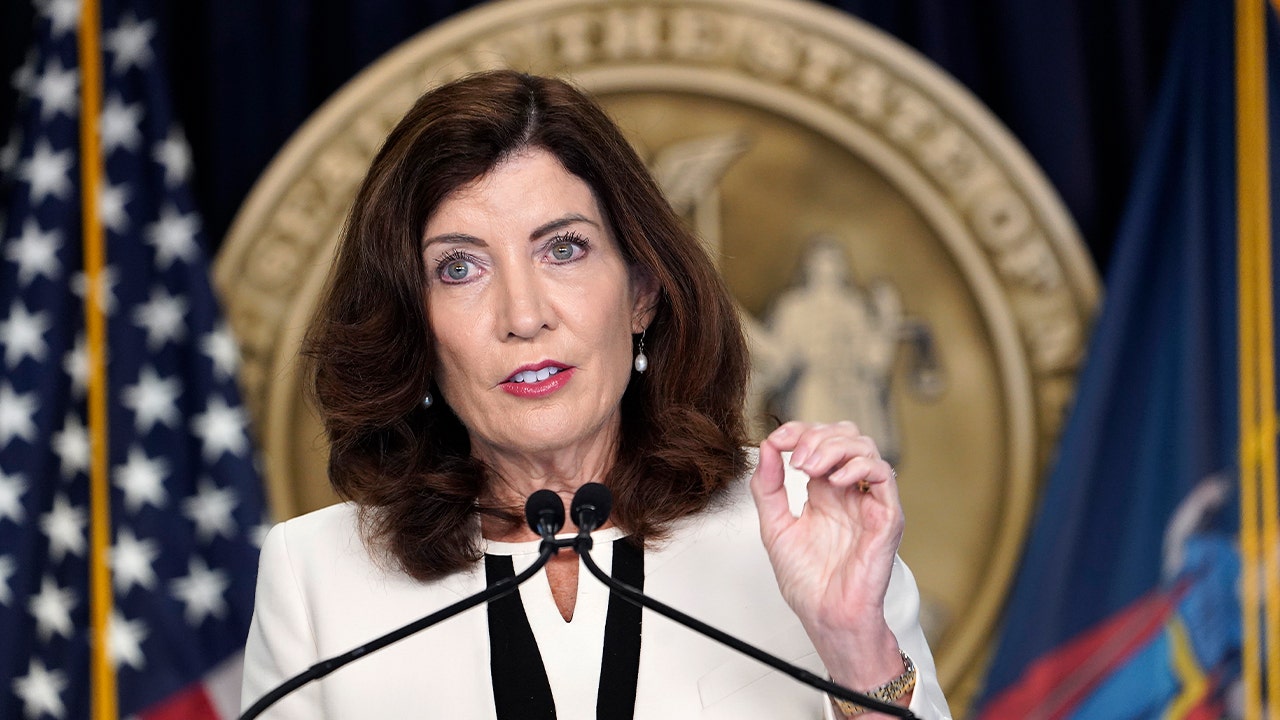New York's Controversial 'Cap and Invest' Plan: A Green Initiative or Economic Disaster?
New York Governor Kathy Hochul is proposing a "Cap and Invest" program aimed at reducing greenhouse gas emissions. This plan involves imposing limits on emissions from energy companies and using the revenue generated from auctioning off pollution allowances to fund green initiatives like building retrofits.
How it Works
The program establishes a cap on greenhouse gas emissions, which will gradually decrease over time. Energy companies will then bid for allowances, essentially permits to emit a certain amount of pollution. The money raised from these auctions will be invested in green energy projects.
The Criticism
Critics argue that this "Cap and Tax" plan (as some call it) will lead to significant increases in gas and utility prices, placing an additional burden on New Yorkers already struggling with affordability. Groups like Upstate United express concerns about the economic impact on upstate New York.
The current average gas price in New York is $3.14/gallon. This proposed plan could exacerbate the situation. A spokesperson for Governor Hochul counters that she is committed to lowering the cost of living through tax credits and other initiatives.
State Senator Tom O’Mara criticizes the plan as a "radical climate mandate" that will harm the state's economy, driving businesses and families away. Similarly, Assembly Minority Leader William Barclay stated the plan is out of touch with New Yorkers and that the state should focus on reliable, affordable energy instead of subsidizing green initiatives.
Historical Context
New York has progressively restricted energy exploration since 2007, including a moratorium on hydraulic fracturing, impacting regions such as the Southern Tier that sit on oil shale formations. This policy contrasts with neighboring Pennsylvania, where natural gas extraction is prevalent.
<img src="https://a57.foxnews.com/static.foxnews.com/foxnews.com/content/uploads/2021/12/1200/675/KATHY-HOCHUL-CUOMO-RESIGNATION-ALBANY.jpg?ve=1&tl=1" alt="New York Governor Kathy Hochul" width="600">The closure of the Indian Point nuclear power plant in 2021, while cited for safety reasons, also contributed to increased utility bills, highlighting the complexities of energy policy in the state.
The Bigger Picture
New York's 2019 commitment to net-zero emissions by 2050 underscores the state's ambitious environmental goals. The "Cap and Invest" plan is a key initiative toward achieving these objectives, but the potential economic consequences remain a point of significant contention.






Comments
Join Our Community
Sign up to share your thoughts, engage with others, and become part of our growing community.
No comments yet
Be the first to share your thoughts and start the conversation!